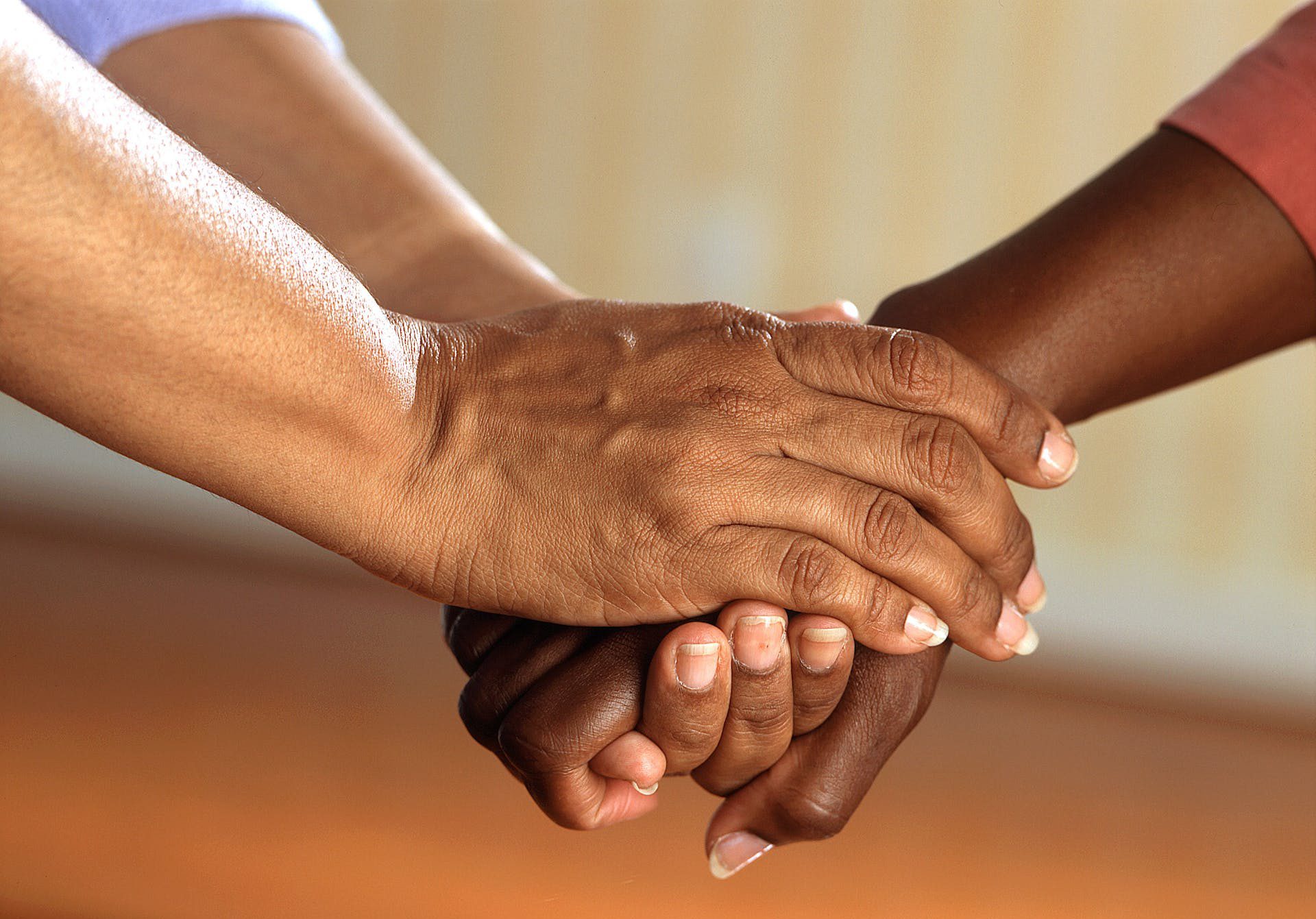Caregiver Support

While it is meaningful to take care of someone with breast cancer, it can be tough emotionally to care for someone you love, living with a disease. You may experience sadness, grief, fear and overwhelm. It is important to make sure you take care of yourself – manage your stress level, physical and mental health. If you find yourself getting sad and/or depressed, talk to friends, family or a professional. Make sure to take time to keep your life as normal as possible – get exercise, eat healthy, get spiritual support and take the time to engage in activities that bring you joy. Also, know what you can and can’t do, and reach out to others for support.
The support systems that you have will help you in your survivorship. Your parents, your spouse or significant other, your friends and your children can all play a significant part in your survivorship. Their emotional and physical help will allow you to heal. Each member of your support group can help in a different way, and each member needs his or her own help as well. Achieving this balance allows you and your support system to survive and thrive post-cancer.
Spouse/significant other
When your spouse or significant other is diagnosed with cancer, it can be incredibly difficult. Your relationship may become strained under the stress of illness, or it may become stronger. The key to ensuring that you demonstrate love and support your spouse or significant other is to clearly communicate your feelings; this may be verbally, through a letter, or by doing things for your spouse or significant other. Also, you may have challenges as your spouse may have physical changes as a result of her treatment about which she may feel very insecure. You can assure your spouse that you love her for her, not for her physical attributes.
Make sure that your spouse shows signs of coping and that she is not depressed or losing hope. You may want to suggest other people or support systems to help her process her feelings and emotions after cancer. Also, be prepared that the recovery process may be slow and your spouse or significant other may be slow to return to the way she was before the cancer diagnosis. In addition, help your spouse or significant other; help with daily chores, children, or other responsibilities. It is not an easy situation, but you can make a difference in providing support for her as she heals.
Children
Your child or children may not always understand your illness and recovery. The best way to keep your children happy and free from worry is through clear communication. Your children do not need to know the minutiae of every doctor’s visit; however, keeping them informed of your progress and welcoming the chance for them to ask questions will make them feel comfortable and informed. Also, ensure that you communicate or explain if you cannot spend time with them or are unable to attend any events with them, so that they don’t feel slighted.
Friends
It is very difficult to watch a friend battle breast cancer. Often, just being there for your friend to listen is incredibly meaningful. Not to judge, give advice, but just to listen. Also, you can help your friend by assisting with any errands or obligations that she may not be able to do, such as grocery shopping, cleaning, cooking, or watching children. Being there for her when she wants to talk, or keeping her company is valuable as well. Having a friend go through this experience may cause you stress and worry as well, so be sure to take care of yourself too.
Parents who are caregivers
Parents who are caregivers may have to take on a significant amount of responsibility. Not only do parents ensure that the physical and medical needs of the cancer survivor have been taken care of, but the parents often must be the decision makers for the cancer survivor. Also, they may have had to take care of the insurance claims and payments for the person. They might have had to take care of the cooking, cleaning and errands for the person, as well as taking the person to the doctor. All of this can be exhausting, emotionally draining and time consuming. Although it may be difficult, parents need to ensure that they are taking care of themselves too, both physically and emotionally. Only by being grounded and balanced will parents be able to effectively take care of their needs as well as their child’s needs.
Support groups for you
Another way to find support outside of your spouse or family is to join a support group. Support groups can either serve as an educational platform, where you can seek out answers to questions that you may have during or post-treatment; or a support group can serve to support you emotionally, surrounding yourself with others who may have had similar experiences. The frequency of the meetings and the location of the meetings can vary from group to group; some may meet monthly or weekly; others may meet at a church or synagogue, or at a member’s home.
Another option is to join an online support group. The advantage to this type of group is that you can benefit from the support of others virtually. If travel, distance, or time is an issue, joining an online support group or discussion board is a great alternative. There are also telephone support groups as well.
Visit our Educational Guidebooks page, where you will find our Caregiver Guidebook, for more detailed information.
